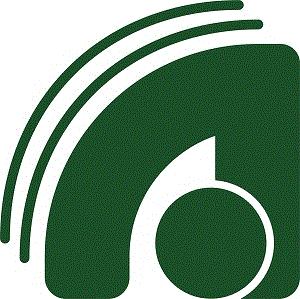Abstract
Objective:
The objective was to evaluate whether initiation of urate-lowering treatment (ULT) during an acute gout flare prolonged the current episode.
Methods:
A comprehensive search of MEDLINE and Web of Science databases was conducted from their inception to 15 March 2021. Five randomized controlled trials (RCTs) with 381 patients met the inclusion criteria. Standardized mean difference (SMD), odds ratio (OR), and 95% confidence interval (CI) were used for estimating the clinical efficacy of ULT in acute gout.
Results:
There was no statistical difference in days to resolution (intent-to-treat analysis) (SMD, 0.68; 95% CI — 0.42 to 1.78; I2, 49%; p = 0.22), the pain visual analogue score (VAS) by day 10 (SMD, — 0.07; 95% CI — 0.30 to 0.16; I2, 0%; p = 0.53), C-reactive protein (CRP) from day 7 to 10 (SMD, — 1.14; 95% CI — 5.63 to 3.36; I2, 55%; p = 0.62), erythrocyte sedimentation rate (ESR) from day 7 to 10 (SMD, — 2.51; 95% CI — 5.46 to 0.45; I2, 0%; p = 0.10) and the recurrence of gout flares within 28-30 days (OR 0.78; 95% CI 0.29 to 2.09; I2, 0%; p = 0.62).
Conclusion:
Initiation of ULT during an acute gout flare did not prolong the duration of the flare. However, larger sample size studies are needed to confirm this finding.
Trial registration number PROSPERO (CRD42021234581).
Keywords:
Gout; Meta-analysis; Urate-lowering therapy

 Thumbnail
Thumbnail
 Thumbnail
Thumbnail
 Thumbnail
Thumbnail
 Thumbnail
Thumbnail
 Thumbnail
Thumbnail




